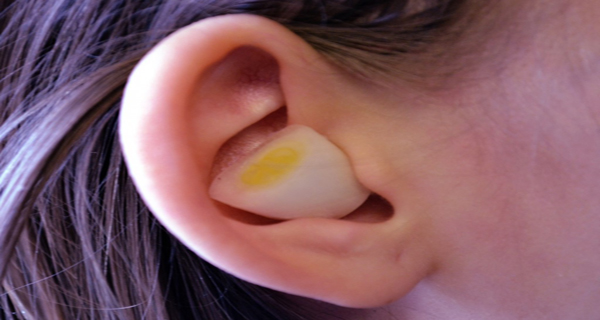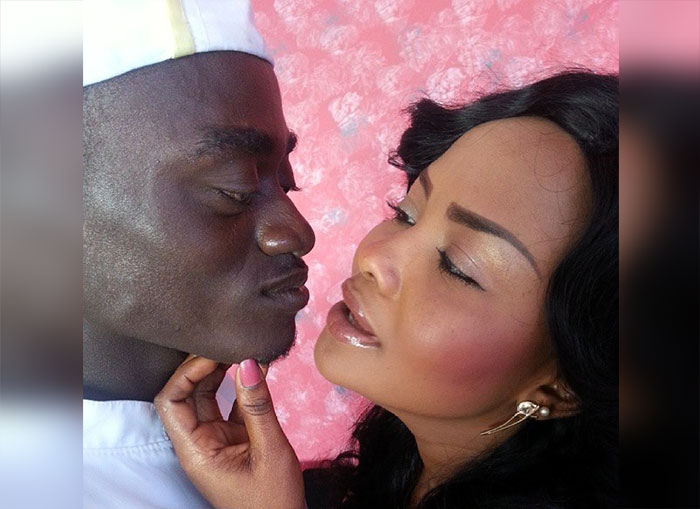Love Matters & Lifestyle

- Super User
- Category: Love & Lifestyle
- Saturday, 30 July 2016 14:31
Causes of acne and how to treat pimples and blemishes on your face...
By Mirror, Photo: Courtesy
Stress, hormones, diet and pollution are among the factors that can cause spots but there are ways to make your skin better
If you think spots are just a teen problem, think again. Millions of women in their 30s, 40s and beyond are dealing with acne.
And, according to a study by WhatClinic, 88% of skincare specialists have seen an increase in enquiries from adults with spots, blemishes and acne, with more than a third of people over 35 seeking treatment.
So what’s causing this?
More than a quarter (27%) of specialists put it down to stress and hormones. A similar number said it was due to increased awareness of treatments.
Diet (15%) and pollution (12%) were also named by experts as causes of adult acne. Dr Terry Loong, cosmetic doctor, hormonal expert and author of The Hormonal Acne Solution, says triggers include:
A high-sugar diet: Sugar is inflammatory and increases oil production by converting testosterone (a male hormone which governs the oil our skin produces) to a more potent dihydrotestosterone.
Stress: Increased cortisol – the stress hormone – increases blood sugar, inflammation and blood pressure. It also affects gut health, affecting digestion and nutrient absorption. Stress can also increase wear and tear of skin cells and impact skin repair.
An unhappy gut: The official term is gut dysbiosis – the gut may be over-populated by bad bacteria so nutrient absorption is affected, leading to leaky gut syndrome, allergies or breakouts. This can occur because of antibiotics, illness or a bad diet.
Food sensitivity: Food intolerance caused by a genetic tendency or gut dysbiosis can trigger acne, skin rashes, aches and pains, foggy brain, excessive phlegm and disturbed sleep. Common acne culprits include dairy, gluten, caffeine, alcohol and peanuts.
Pollution: Exhaust fumes and toxic chemicals can lead to inflammation, pore blockage and a higher acne risk.
Hormonal imbalance: Fluctuations during the menstrual cycle, pregnancy and around the menopause have all been linked to acne. Women who suffer with polycystic ovary syndrome are also more prone. They have higher levels of testosterone, which increases sebum, leading to coarser hair growth so follicles are likely to get blocked.
Medication: Drugs including ¬corticosteroids, anticonvulsants, lithium, barbiturates, androgenic -steroids, DHEA and medication with bromides or iodides can cause acne.
CLICK ON THE NEXT BUTTON BELOW TO CONTINUE...



















































































